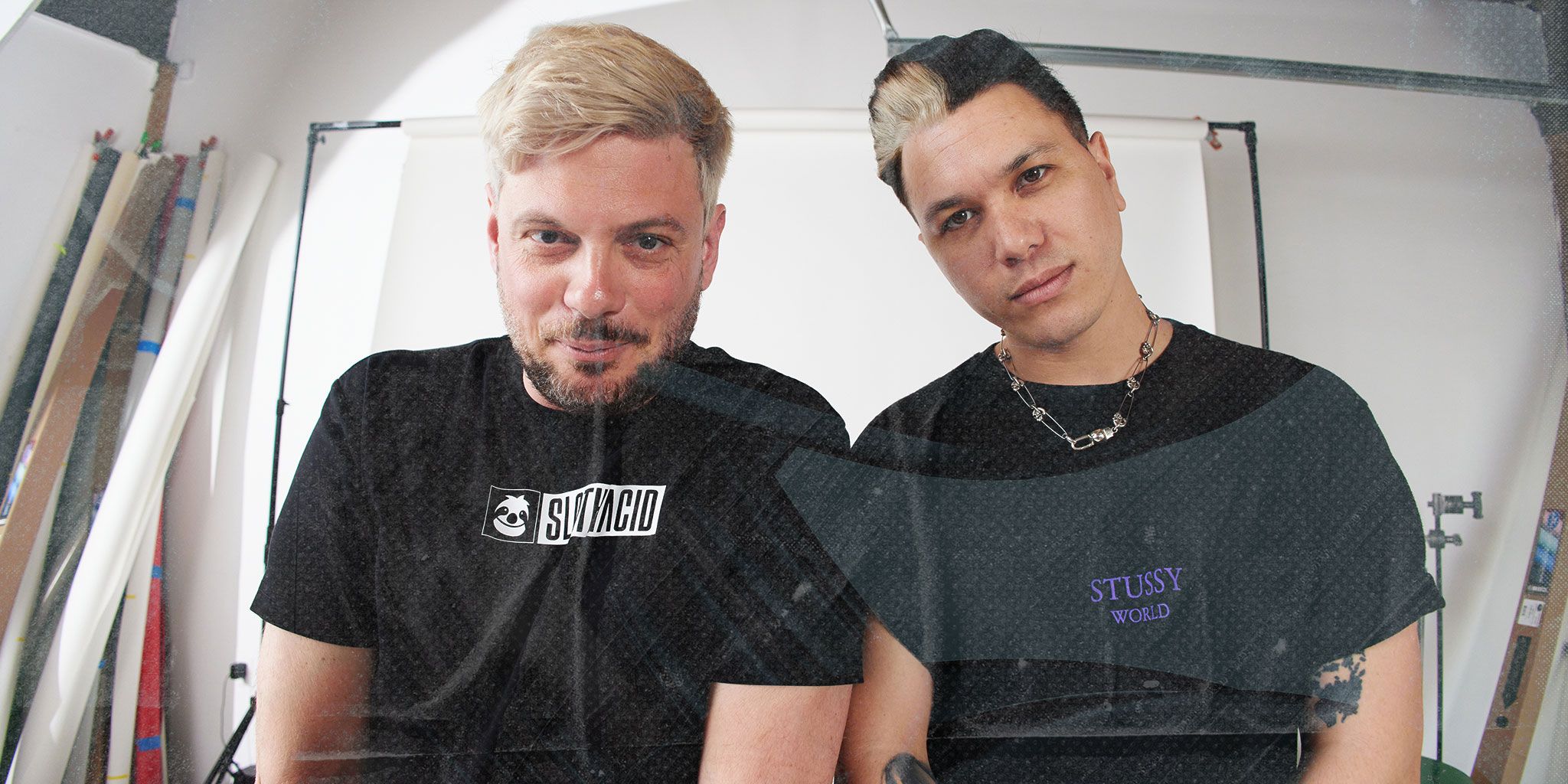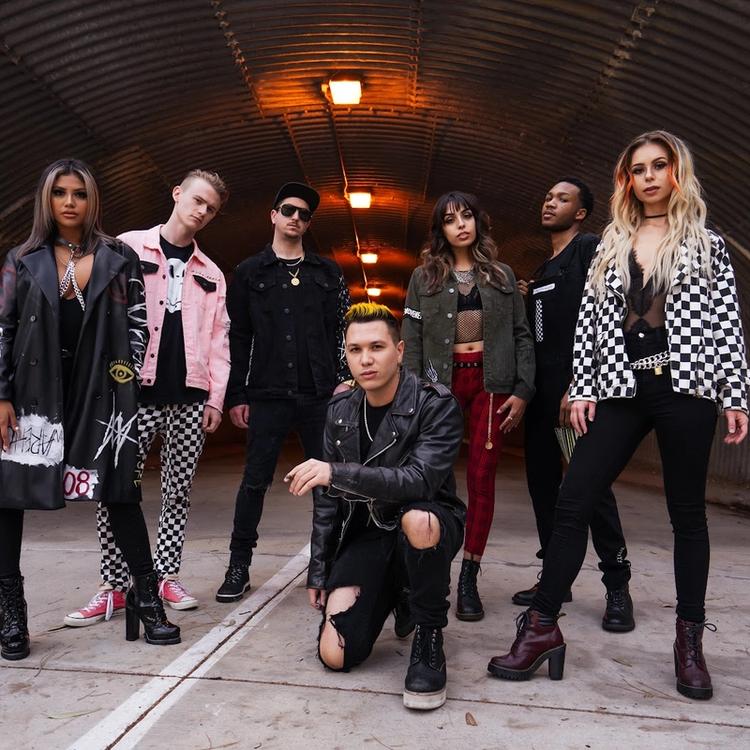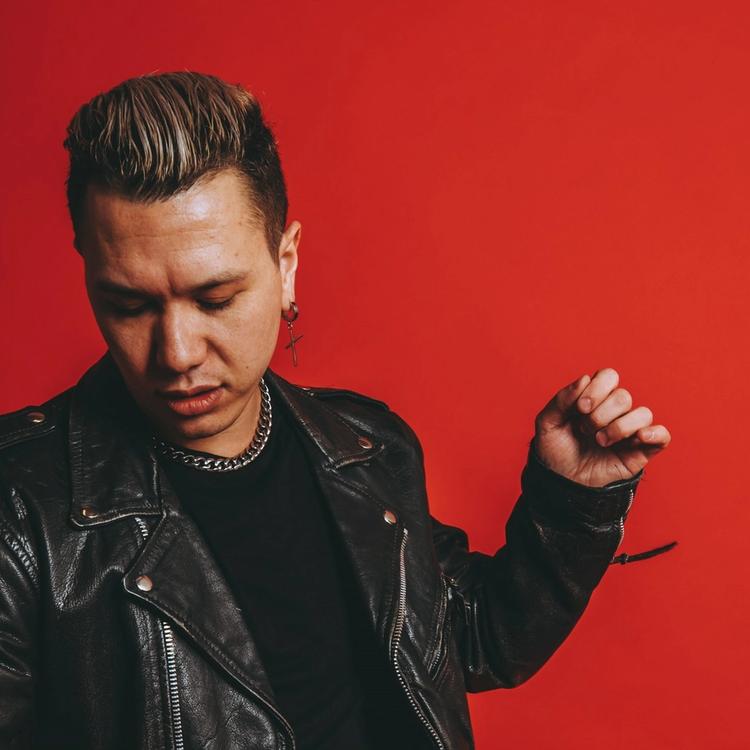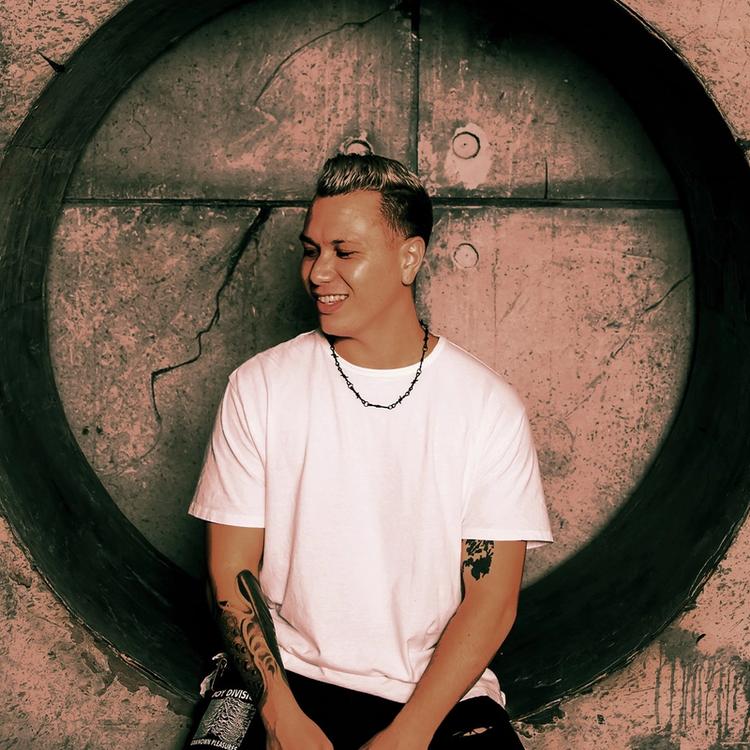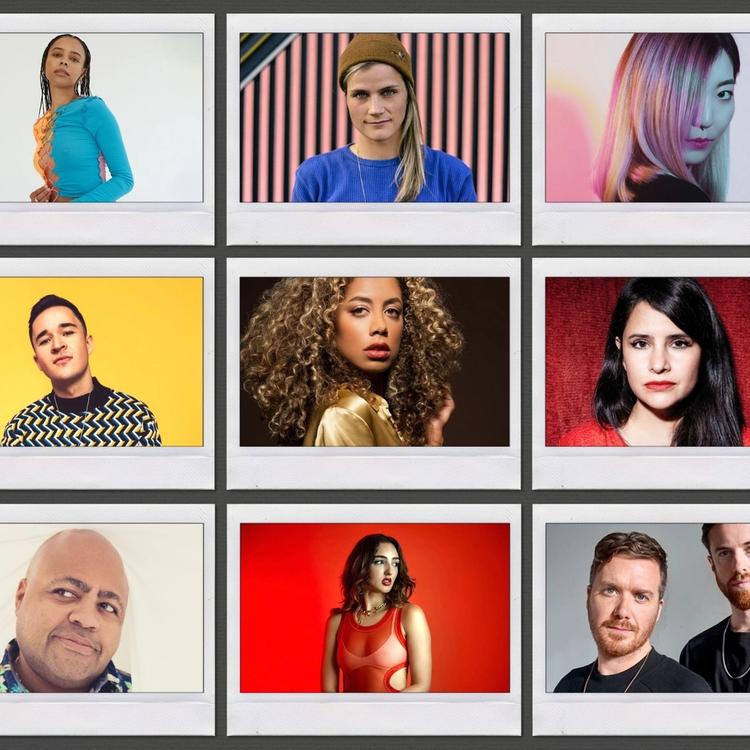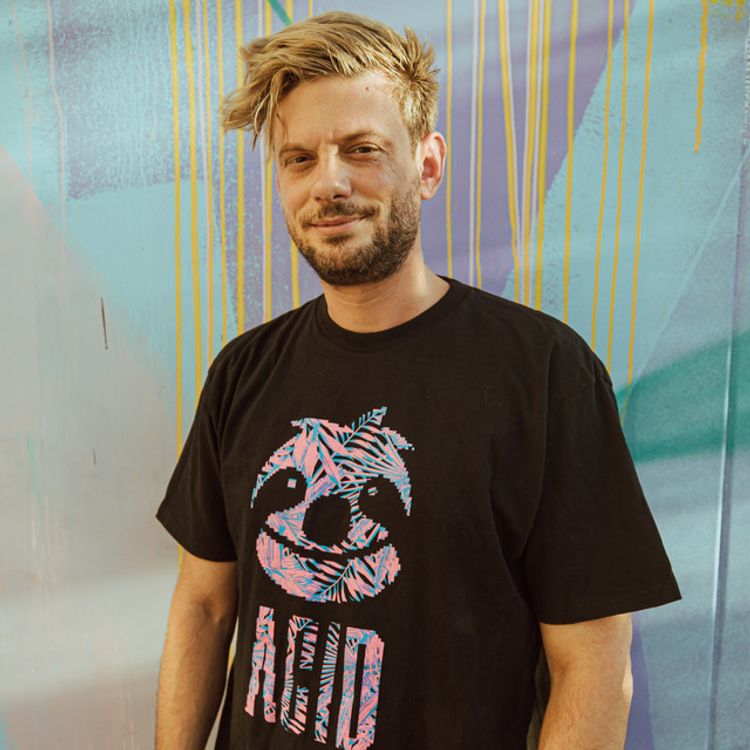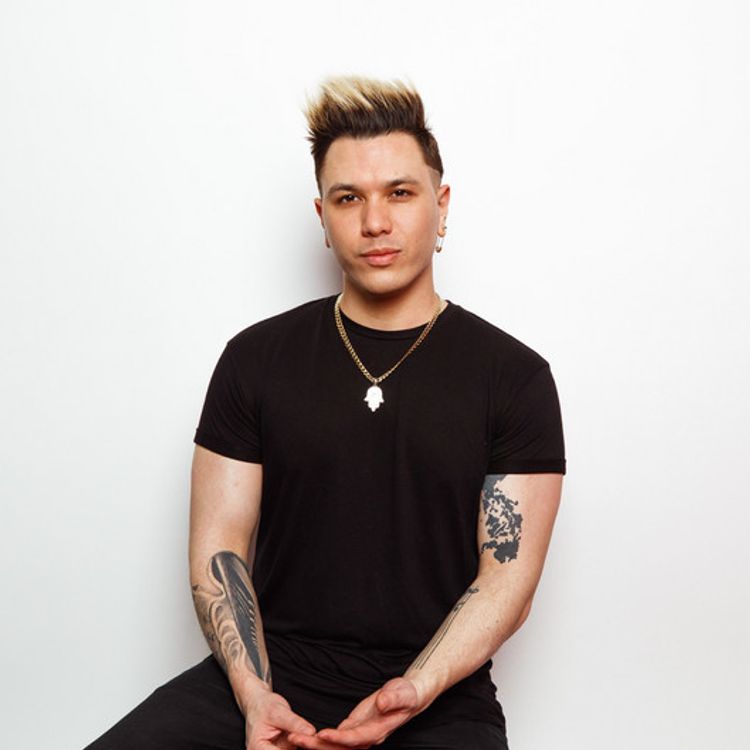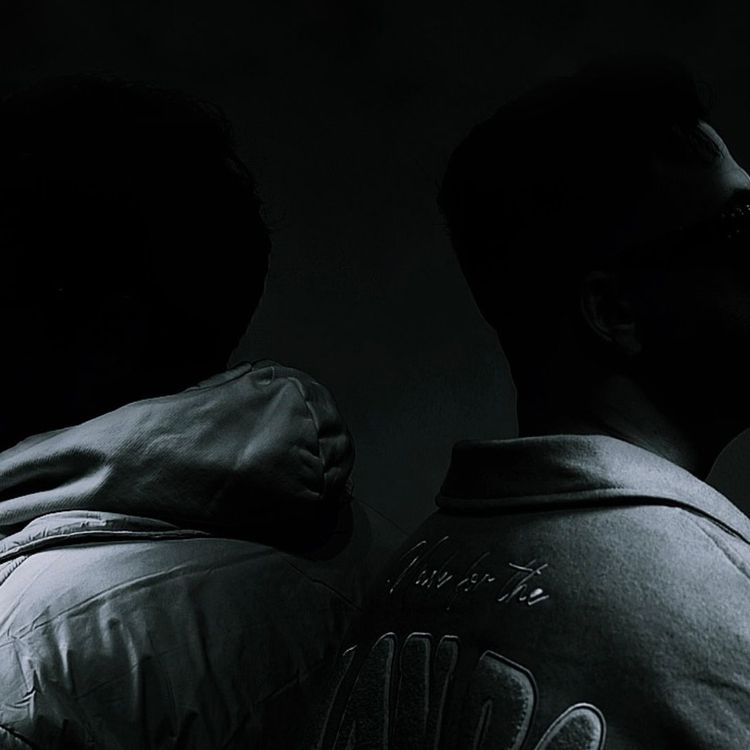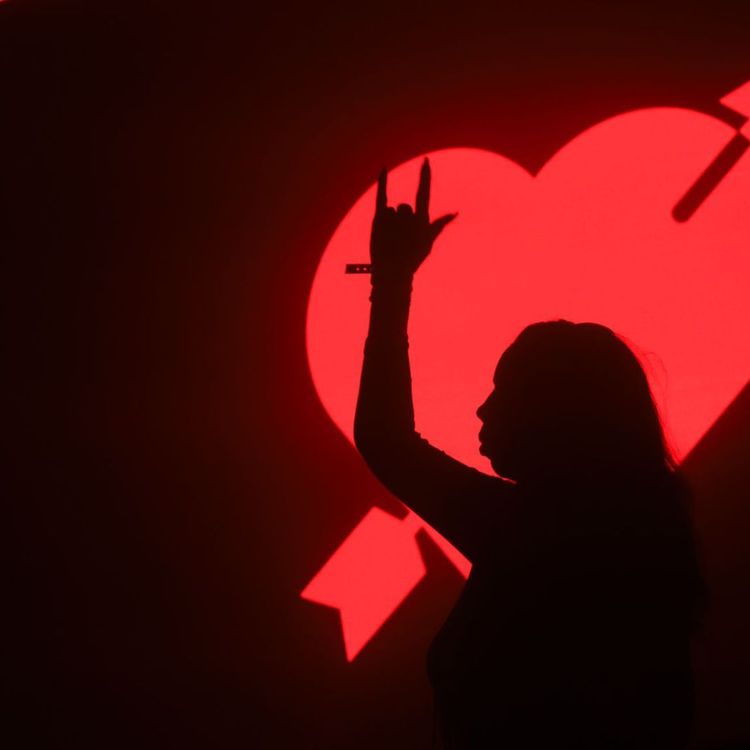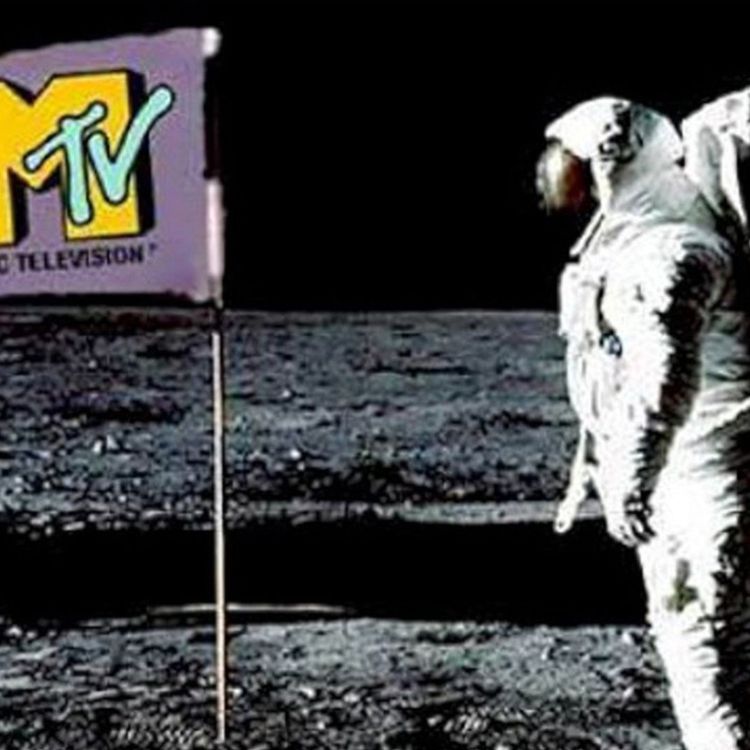Dillon Nathaniel and Sacha Robotti's See The Light Tour Puts the Focus on Mental Health
In recent years topics surrounding mental health have received increased attention in dance music. However, it's still something that's largely kept in the dark. More often than not, the flashing lights, endless bottles of 1942, and cryo-blast accented drops get the most attention, while the aftermath of bender culture is woefully ignored. Dillon Nathaniel and Sacha Robotti are flipping the script with their 23-stop See The Light tour.
Taking its name from their recent collab released on Solotoko, the tour promises incredible music and an uplifting message for their fans. In an Instagram post, Nathaniel said, "We want to spread our love for house and techno music and celebrate life with every single one of you." He added that they would donate a share of every ticket sold to MusicCares, the charitable arm of the Grammy's that provides a health and welfare safety net for musicians.
Nathaniel said they partnered with MusicCares because they "help artists make the right choices for themselves." What often doesn't get talked about is that while DJing can be glamorous, it comes with actual financial and mental costs. There's no union or healthcare plan for DJs, and returns diminish after paying your team and expenses. Despite the constant push to stay relevant in an increasingly competitive field, he says, your health should always be paramount.
"Even if you have a management team and agency, and you're successful in your career, and they're pushing you to keep going, you have to take a step back and realize when it is time to take a break—time to stop listening to everybody else and listen to yourself."
Robotti and Nathaniel's in-studio chemistry was evident when they started working together. They both carry a sound that bridges the chasm between straight-up tech house and warehouse-driving techno. They've quickly found common ground with a darker, sexier sound leading to a stack of unreleased tracks and hopefully more to write on tour. They've also found mutuality in their mental health journeys.
During the COVID lockdown, Robotti says he was living with another DJ, and after years of riding nightlife to the rails, he'd developed some unhealthy habits. The initial lockdown period only saw those habits magnified.
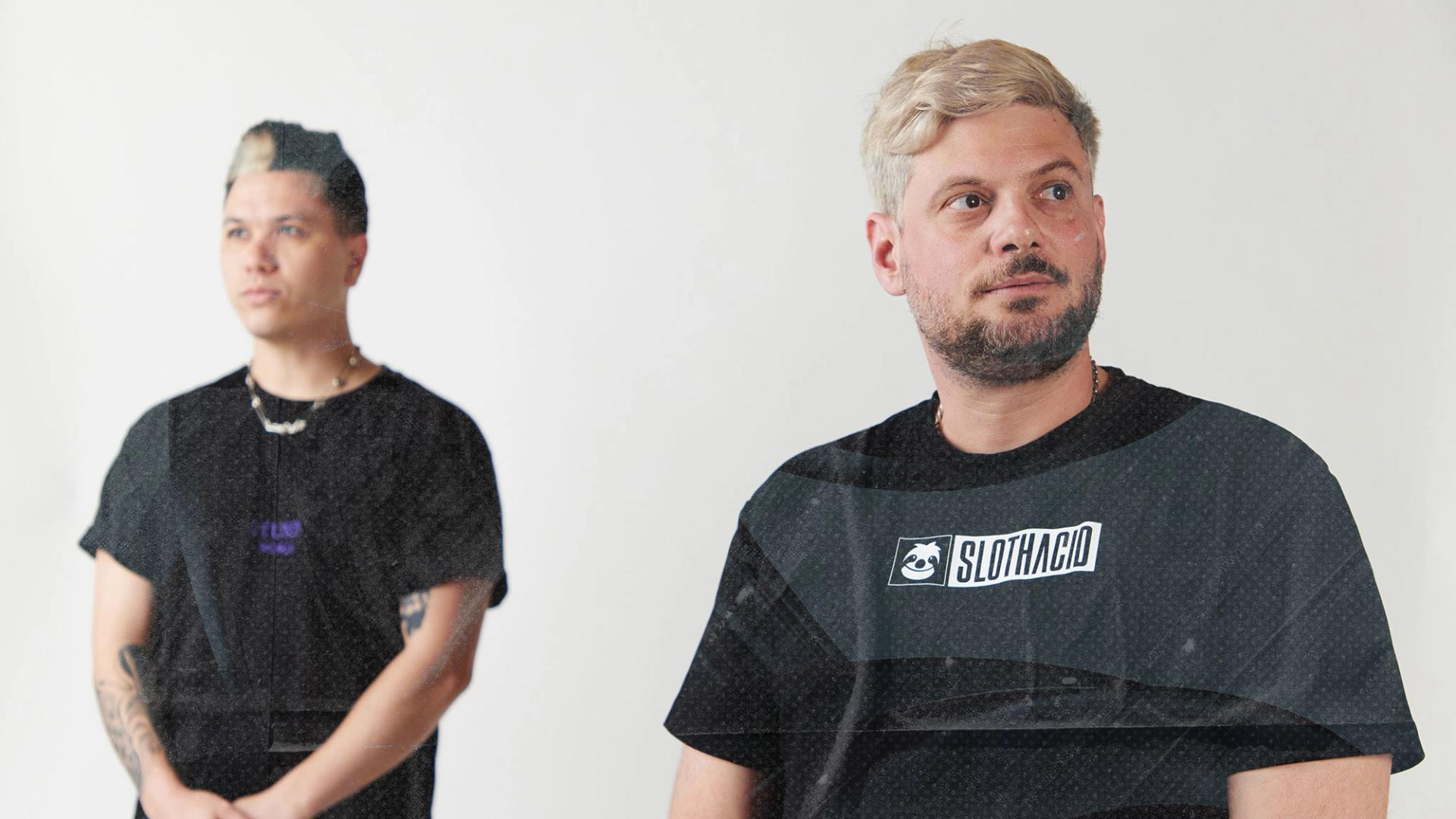
"After six weeks of lockdown, I was just like, 'Okay, if I continue doing this, I'm not gonna survive." So he used the time in isolation to stop using drugs and drinking for six months. A regular regimen of exercise, sleep, and sunlight was the reset he needed.
"Honestly, every DJ kind of had an epiphany," he continues. "You're constantly on the move. It's hard to take that time to self-reflect and realize that your life choices are affecting the way that you think. On a daily basis, we're always plugged into this matrix of social media gratification ... it's hard to take that time to sit back and actually reflect on the things that we need to do as human beings and not just as artists."
Nathaniel says that COVID was also a significant reset for him. But his biggest gains have been through therapy. He's a big-time champion of the mental healthcare app BetterHelp which makes sticking with a mental healthcare regimen much more effortless.
"I was raised in a family where nobody talked about anything. No one talks about their emotions, nobody. It was very taboo to be like, 'Hey, I'm feeling this way.' Or 'you made me feel this way.' Because it was always shut down," he explains, adding that his journey through therapy has taught him to be more open, honest, and present with himself and his family.
Cleanses and psychology are obviously great ways to clean out the cobwebs. But you can't ignore a resource many in the scene can access quickly. The use of drugs therapeutically has been proven to be incredibly effective. Putting the inherent risks of recreational use aside, psychoactives like MDMA, psilocybin, and ayahuasca can be used in clinical and spiritual settings to help defeat years of trauma.
Sacha tells Dillon and I that two clinical experiences with ayahuasca relieved years of unresolved trauma left over from the death of his mother when he was 15. In 2019 after holding his aunt's hand as she passed and the suicide attempt of a close friend, he decided to find a way to clear the emotional blockage.

"I went to space. I felt like my mom and my aunt who had both never met each other were sitting there at a table drinking coffee, and laughing," he remembers about his journey. "They saw me come in and they were like, 'don't be sad, you know, we're always with you. Look over your shoulder.' And then I looked over my shoulder. And there were all my ancestors, like millions of ancestors, standing there... And then I woke up the next morning, and I found peace."
These powerful experiences have contributed to a rich understanding of how they carry on and forward with a renewed sense of self. Robotti and Nathaniel also say that taking control over how they party has been instrumental in their journey. After thousands of nights out, they both recognize that sometimes it's necessary to understand that the party doesn't need to last until after sunrise.
"When I was younger, I used to let my friends and my peers influence how long I stayed [at] a party. When you're younger, you're easily persuaded to do these things," Dillon explains. "Then, as an adult, you realize you don't owe anyone anything. You don't need to do anything that you don't want to do. Just learning how to say no is huge."
That's not to say that the excess of the scene is all bad. On the contrary, their life-long commitment to the dance music community and the many beautiful and eye-opening experiences it's given them were life-changing. In many ways, they say, dance music has gifted them a brilliant mental health revalation. It saved their lives.
"Growing up as a young kid, I was abused heavily by my mother, to the point where it just got dark. I was pretty much a very damaged kid, on the wrong path, heading towards suicide, heading towards jail, heading towards just all the wrong decisions," he begins. "When I ended up moving back to California with my dad to get away from my mom, my dad took me to EDC when I was 16. And it changed my whole perspective of what I wanted to do. So dance music saved my life in that aspect. It means so much more to me than just a place to go party. This is my entire world. This is what I eat, sleep, and breathe. This is everything to me. And I know, with the power of electronic music, I can help change other people's lives too."
Sacha discovered dance music at a similarly pivotal time. When he lost his mother at 15, it was after a five-year battle with lung cancer. He was living in Belgium, and his dad was working in Switzerland, and coping with the void left while grieving was only compounded by feeling completely alone. His dad asked him to move to Switzerland, but the rebellious teen refused and started living independently. And then he discovered house music and techno.

"It was just like a family. My family was these people and the music. I saw Jeff Mills and Green Velvet and all these amazing guys from Detroit and Chicago in Belgium. We had a club where I always went, regardless if it's me and my friends or just myself, I would just go...I was just like, 'Oh my God, I want to do this so bad.' And then I started buying records. We didn't have a lot of money, so we shared decks. We had this room in the back of a church where we could listen to records and smoke weed. It's funny, because I'm still doing that now but now I'm the guy at the decks, and that's just like, a beautiful full circle."
The mission of the See The Light tour is to add some much-needed focus to all the alternative ways we choose to take care of ourselves both on the dancefloor and off. And while these can sometimes delve into heavy territory, Nathaniel says they'd still like to do so without taking themselves too seriously.
Certain sectors of rave-ready social media have recently turned to glorify bender culture in a way that, while entertaining, isn't necessarily healthy.
"We want to give a good idea of what it looks like to be healthy on tour," Nathaniel laughs, while Sacha adds, "We're going to try!"
"All the other people are raging showing videos of them pounding bottles, like running around doing the craziest shit ever," Nathaniel continues. "Sacha and I are like, Let's go like get a smoothie. So we can kind of change the narrative a little bit about what it means to be cool on tour but also be healthy."
"I'm 43 now," Sacha explains, not looking a day over 32. "I want to do at least 10 years, you know... 20 years, 30 I don't know. I want to be able to still do that and be healthy, and fit, and in shape."
The See The Light Tour runs May 19-July 29. Tickets are on sale now.
